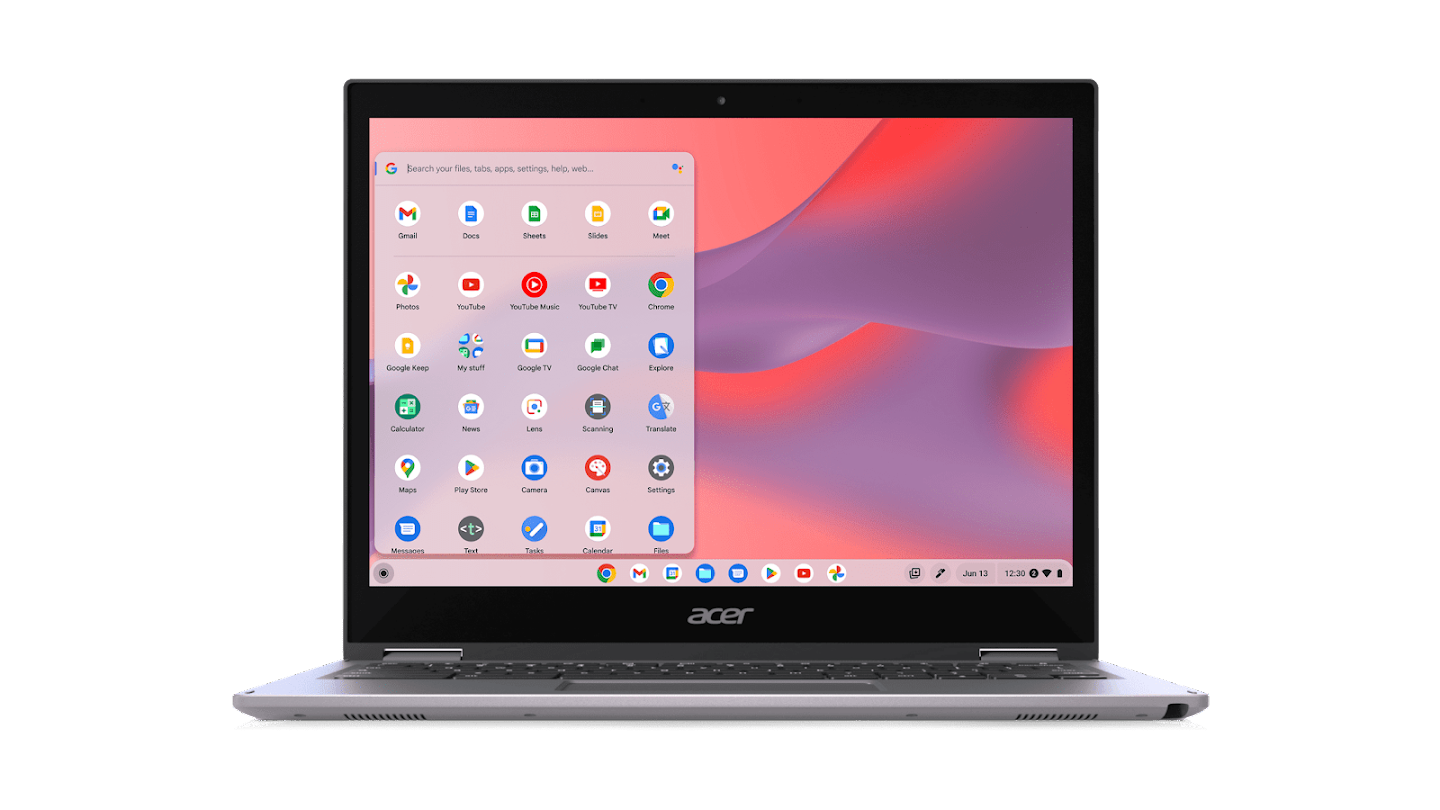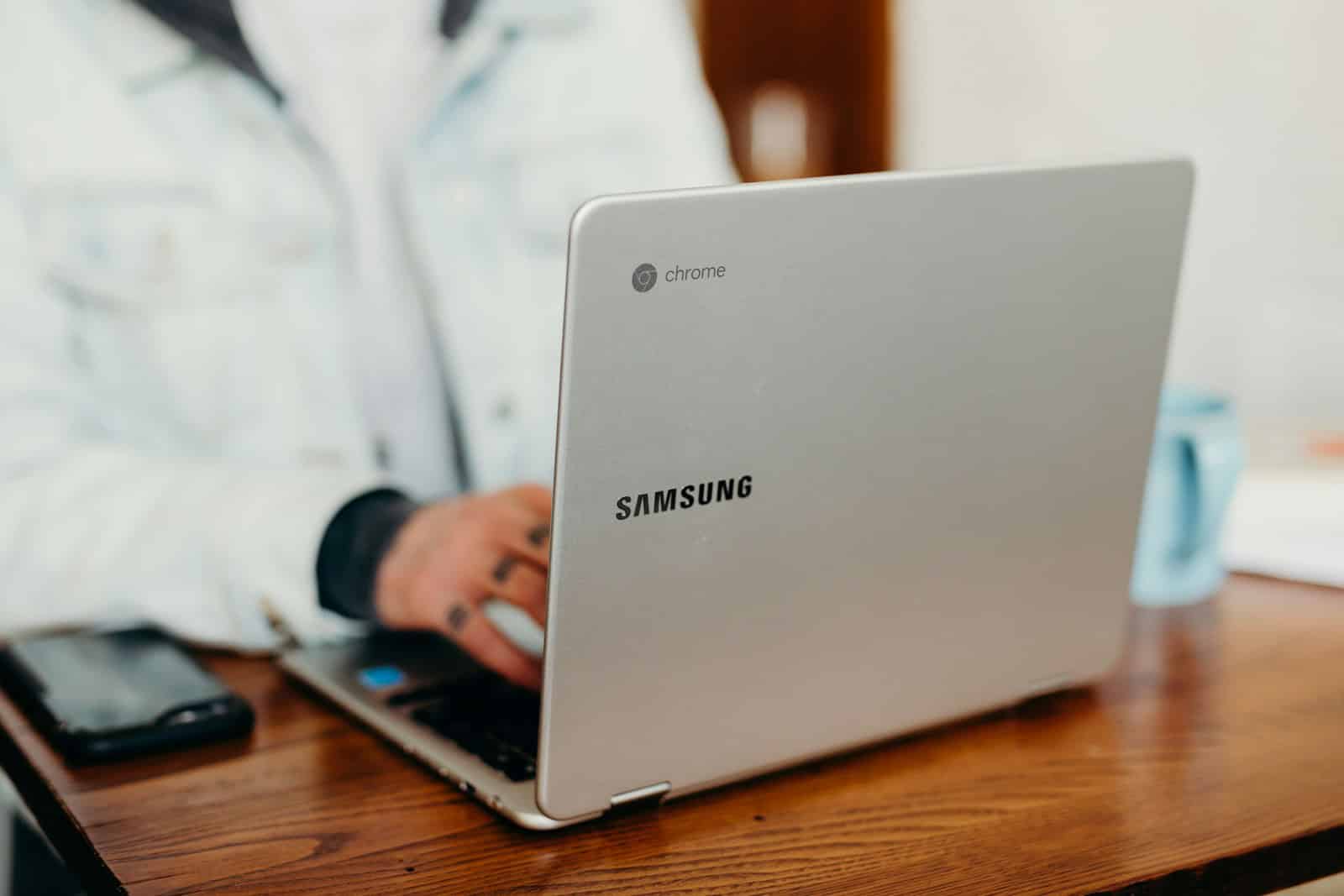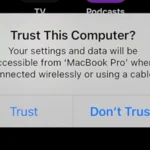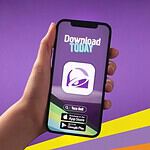The Chromebook is a distinct type of laptop that operates using ChromeOS, a streamlined operating system built by Google. ChromeOS is known for its simplicity and security, designed to provide a fast and user-friendly experience. It integrates the Google Chrome web browser as its main user interface and supports a variety of Google Play Store applications.
Unlike traditional operating systems that store files and applications on the device itself, ChromeOS is geared towards cloud computing with most data and applications existing in the cloud. This OS is a good fit for those who require their devices to have quick access to the internet, a suite of Google services, and Android applications. With built-in security features and automatic updates, it maintains strong defenses against malware and viruses, providing a safe environment for users.
ChromeOS: The Heart of Your Chromebook
Your Chromebook isn’t powered by Windows or macOS. It runs on ChromeOS, a unique operating system designed by Google with specific features and advantages.

ChromeOS: Built for the Cloud
ChromeOS is built around the idea of cloud computing. This means it relies heavily on internet connectivity for most of its functions. Your files, apps, and settings are primarily stored in the cloud, making it easy to access them from any device.
Key Features of ChromeOS
- Fast and Simple: ChromeOS boots up quickly and has a streamlined interface, making it easy to navigate.
- Secure: With built-in security features like automatic updates and sandboxing, ChromeOS is resistant to viruses and malware.
- Integration with Google Services: ChromeOS seamlessly integrates with all your favorite Google apps, like Gmail, Google Docs, and YouTube.
- Android App Compatibility: Many Chromebooks can run Android apps from the Google Play Store, expanding your options for productivity and entertainment.
ChromeOS vs. Other Operating Systems
| Feature | ChromeOS | Windows | macOS |
|---|---|---|---|
| Primary focus | Cloud computing and web apps | Desktop applications and local storage | Balance of desktop and cloud functionality |
| Security | Built-in security features, automatic updates | Requires additional antivirus software | Known for strong security |
| Ecosystem | Tight integration with Google services | Wide range of software and hardware compatibility | Optimized for Apple hardware and software |
| Price | Generally more affordable | Can be expensive depending on features | Premium pricing |
Is ChromeOS Right for You?
ChromeOS is an excellent choice for users who:
- Primarily use web apps and online services: ChromeOS is optimized for web browsing, email, social media, and online productivity tools.
- Value simplicity and security: ChromeOS is easy to use and offers robust security features.
- Want an affordable laptop: Chromebooks are known for their budget-friendly prices.
If you heavily rely on specific desktop software or need a powerful machine for demanding tasks, Windows or macOS might be better suited to your needs.
Key Takeaways
- Chromebooks run on ChromeOS, which is known for its speed and ease of use.
- ChromeOS supports cloud storage, Google apps, and Android applications.
- The operating system emphasizes security with automatic updates.
Understanding Chromebooks
Chromebooks are laptops that run Chrome OS, a light and fast operating system by Google. They are designed for ease of use and integrate well with Google’s ecosystem, including Google Drive and the Google Play Store.
Core Components and Architecture
Chromebooks utilize a Linux-based operating system known as Chrome OS. It is built around the Linux kernel and optimized for Google’s ecosystem. The architecture is simple which enables fast performance even with modest hardware. Devices often include Intel or ARM processors.
Design and User Interface
Regarding design, Chromebooks offer a clean and straightforward user interface reminiscent of the Chrome web browser. The UI promotes simplicity, focusing on taskbar access and virtual desktops to enhance productivity.
Application Ecosystem and Compatibility
Chromebook users can access a wide range of applications through the Google Play Store and the Chrome Web Store. These include Android and Linux applications as well as web applications. The compatibility with Android apps brings millions of possibilities to a Chromebook.
Performance and Usage Scenarios
Chromebooks shine in speed and ease of use, offering enough performance for everyday tasks like web browsing, document editing, email, and streaming services like Netflix. They are a popular choice in the education sector due to this reliability and simplicity.
Connectivity and Cloud Integration
Every Chromebook is designed to be always connected, with support for Wi-Fi and often LTE. Users enjoy seamless integration with cloud services like Google Docs, allowing for synchronization and access to files across devices.
Security and System Updates
Security on Chrome OS includes sandboxing to guard against malware. Systems receive automatic updates that improve security and add new features without user intervention. Google’s Auto Update Policy ensures users always have the latest security updates.
Hardware Options and Variants
Chromebooks come in various forms, including traditional notebooks, convertibles, and tablets. Manufacturers like Acer, HP, Lenovo, Asus, and Samsung offer options ranging from basic screens and memory configurations to higher-end models with more storage and better displays.
Market Presence and Affordability
These devices have gained significant market share in education due to their affordability and durability. They are less expensive than most laptops running Microsoft Windows or macOS, making them especially appealing for students and schools on a budget.







